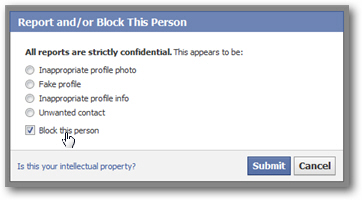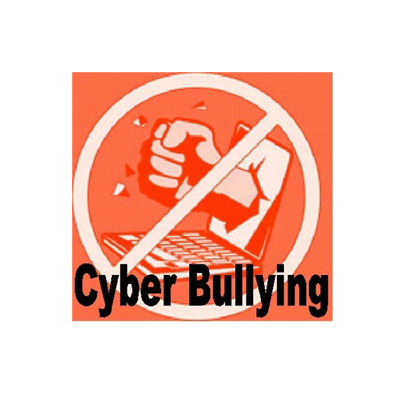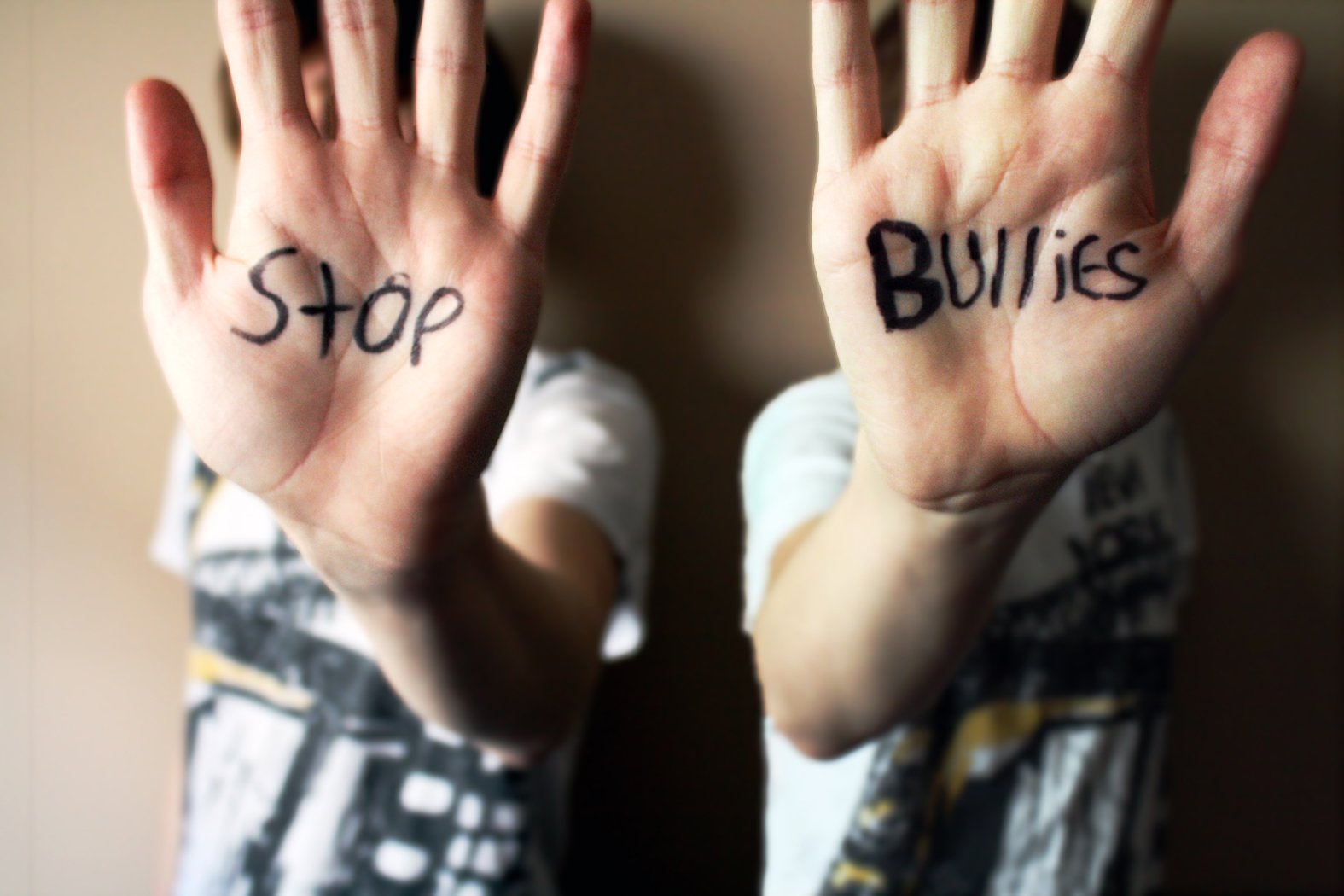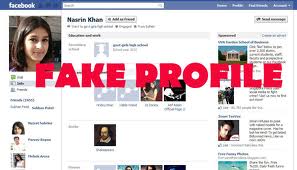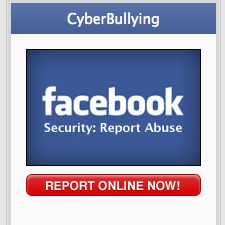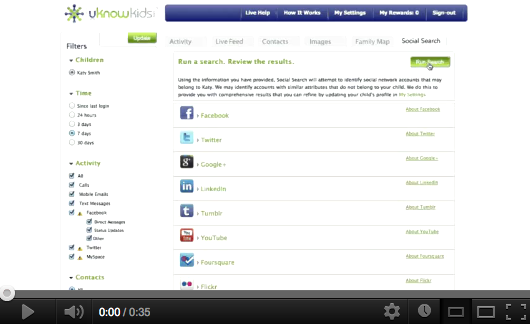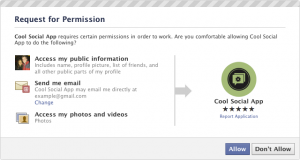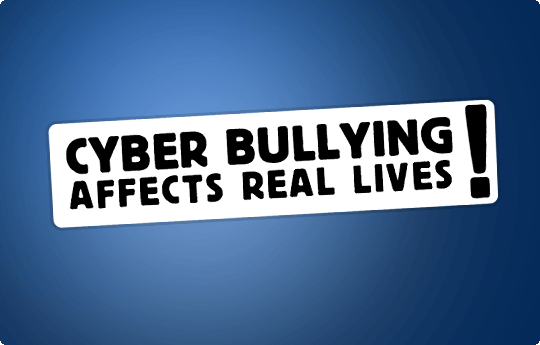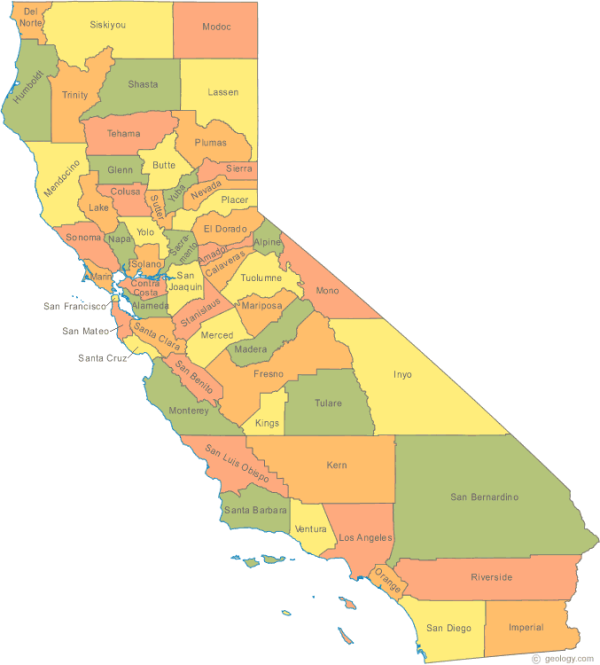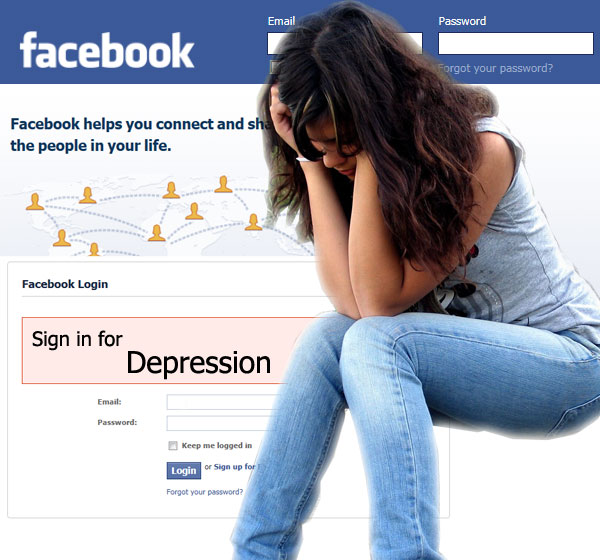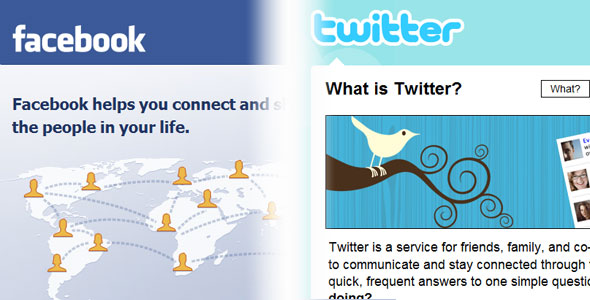43% of kids say they've been bullied online and kids say that 93% of the cruel behavior they see online is on Facebook. Your child's first line of defense should be unfriending bullies or blocking them – but which is most appropriate, and what's the difference between the two?
Understanding the Cyberbullying Phenomenon
Bullying is a really hot-button word, guaranteed to grab you (especially if you have kids of your own) by the collar and make you pay attention. I'll admit that headlines with the word “cyberbully” almost always catch my notice. Bullying both scares parents and mystifies them. Let's clear things up a little.
Parents – myself included – are apt to shrug off cyberbullying as just another iteration of the bullying you or I might have endured as kids. We turned out all right in spite of it, didn't we? But the truth is that cyberbullying is very different from anything we knew.
Sextortion: What is it? And Would Your Child Know What To Do?
This month Marco Viscomi, a 27-year-old college student from Canada, was indicted in federal court for using a computer virus to blackmail teenage sisters into producing child pornography – of themselves.
He struck up a conversation online with the 17-year-old and talked her into sending him some risqué photos, then downloading a file from him that turned out to be a virus. Then he told her that he would ruin her laptop and send the photos to her parents if she didn't make explicit videos with her 13-year-old sister.
Cyberbullying Statistics: The News Every Parent Will Want to Hear
Out of every one hundred tweens and teens, how many do you think are cyberbullied? Twenty? Forty? Sixty? Actually, new research suggests that the actual figure may be much lower than we think.
A new presentation of the results of two studies to the American Psychological Association this week shows that only 15% of kids were actually cyberbullied. The two studies surveyed a total of 5,000 teens.
Most of you reading this will think this is an impossibly low figure. We hear about cyberbullying every single day. It is all over our schools and in the news. How can a 15% figure be realistic at all?
How Olympic Swimmer Rebecca Adlington Deals with Cyberbullying
British Olympic swimmer Rebecca Adlington is swearing off Twitter during this year's London Olympics because she “doesn't need the stress” of people who post rude, insensitive, or cyberbullying comments.
In her own words, Adlington describes how “most things that I read about myself are not swimming related. They are to do with how I look, which has nothing to do with my performance in the pool.”
She enjoys the supportive messages, but the inevitable odd comments makes the whole Twitter scene not worth it for her when she needs to focus 100% on her swimming in the Olympic games.
Teen Olympian Responds to Cyberbully on Twitter
Anybody can be the victim of a cyberbullying. Even an Olympic athlete.
Eighteen-year-old Zoe Smith's Olympic event hasn't occurred yet, but a handful of cyberbullying comments on Twitter put her in the spotlight recently.
A Twitter user going by the name of Infidel1978 sent cyberbullying messages to the teen Olympic weightlifter and some of her teammates after they were featured in a BBC documentary called “Girl Power: Going for the Gold.”
Kids Safety on Twitter: 140 Characters You Can’t Take Back
Founded in 2006 by Jack Dorsey, Twitter has become an increasingly popular social networking site. It is used in almost every country and is currently available in 20 languages. If used properly, it is a great networking tool that can be quite helpful. Twitter allows celebrities and “regular” people to interact with one another, businesses to make announcements to the public, and friends to chat with one another. I would like to emphasize the word “properly” because many people don’t. Sadly, it has become another conduit for teens to bully each other.
Due to the emotional and impulsive nature of teenagers today, many fail to understand that when they publish something on twitter it’s out there and can’t be taken back. I know you might be thinking how much damage can 140 characters really do? The answer is a lot of damage! Teen suicide is becoming a major issue because of cyberbullying.
Teens With Fake Social Networking Profiles: Are Your Kids Safe?
Social networking is on the rise, and so is parental monitoring. The good news is that most parents actively enforce rules regarding Internet safety and engage in various types of monitoring to ensure their child's safety on social networks like Facebook, Twitter, and MySpace.
The bad news is that many kids try to get around parental monitoring by creating a “dummy” profile, and many parents are none the wiser about it.
Facebook Debuts A New Way To Stop Cyberbullying
Facebook's features run the gamut, from a simple poke to flagging inappropriate content. Now, the social media site has rolled out its newest addition, which may limit cyberbullying by allowing teens to report mean or threatening posts by clicking "this is a problem."
Facebook teamed up with Yale, Columbia and Berkley Universities to create the tool.
It's aimed at 13 and 14 year olds, the minimum age for a user on the site, and will replace the old "report" link. Clicking the new button takes users through a questionnaire to rank their emotions and determine how serious the problem is.
Every Network is a Social Network: Keep Your Kids Safe
Although Facebook and MySpace might be the sites that first come to mind when I say “social network,” it's really more than just that. Lots of big, popular places that your tween or teens visits frequently are actually social networks, and the same kids safety rules and precautions need to apply.
Social networking is any web-based platform that allows users to connect or interact with each other in some way. Understanding that, look beyond just Facebook and think about what other sites fall under that definition.
If you think it fits a lot of sites, you're right. Most users like to have the ability to interact with each other when they're online – hence the option to leave a comment below online news stories, for example – and many sites now offer social networking in one form or another, even if that's not their primary service.
So what does that mean? Social networks can be anything, from YouTube to Xbox live to Club Penguin. If you want to search across the most popular social networks to see if your child may have a profile there, check out uKnowSearch here and sign up for uknowkids today to find out where your child has a social network.
10 Signs Your Child Suffers From Facebook Depression: Kids Safety
If your teen seems moody and withdrawn after spending time on a social networking site, the problem may not be cyberbullying – it could be a sign of Facebook depression.
Facebook depression is a blanket term for any depression that develops when a teen spends a lot of time on social media, comparing their lives to the posts of other people.
For some teens, social networks may end up feeling like a popularity contest where they always lose: they don't have as many friends on their buddy list, as many happy tidbits of news to tweet about, as many Kodak moments with their friends as everyone else seems to.
In fact, I felt the pull of Facebook envy when my sister-in-law sent me a link to her Flickr account. As expected, it was populated with pictures of her happy children having the time of their lives on various picture-perfect family vacations, and by the bottom of the second page I was already doubting myself as a mother.
Where were the kids with lunch leftovers on their faces throwing tempter tantrums? Where were the piles of dirty laundry, or the piles of clean laundry that never get folded and leave the basket? Was I doing something wrong?
So I can certainly see how Facebook for kids could become a depressing activity, reading about the fun parties they weren't at and looking at photo after photo of other people laughing it up with their BFFs. By immersing yourself too much in social networking, it's easy to lose perspective and measure your worst against everyone else's best.
Here are 10 signs that your child could be suffering from Facebook depression:
8 Red Flags for Apps on Facebook for Kids
Kids Safety Alert: Man Arrested for Assaulting 14-Year-Old Girl
20-year-old Donnell Young of Oakdale, California was arrested this week on suspicion of sexually assaulting a 14-year-old girl he met on Facebook. Kids safety online is a serious topic and needs serious consideration.
The assault occurred in January, but the two had been exchanging comments on the social networking site since December. Young requested nude photos and told the girl that a fictitious friend of his was interested in meeting her and offered to arrange a meeting between the two.
The Web- A Venus Fly Trap: Internet Safety
Recently I was at a dinner party with several parents. A few of us at the party have a child entering those first phases of being aware and using the web. We all began sharing stories of various funny episodes with our kids. One of the mothers suggested that we listen to a voicemail on her phone. As the voicemail started, it was her son. He is approximately eight years old, very bright and a nice boy. The boy begins to tell his mother that he had just won a free iPad online. He apparently had gotten hold of the iPad while she was gone and was surfing the net. I took a deep breath and thought, "uh oh."
Kids Safety When Blogging
Tweens and teens often spend hours grooming their blog or Facebook profile until it perfectly reflects their personalities. Facebook for kids is growing in popularity as a form of self expression and communication. In fact, that is today's teenager's preferred form. But is there a way for your kids to do it safely?
Blogging safety actually begins way before your child makes his or her very first post. Here are some key points about teaching blogging safety for parents to remember:
-
Sit down and talk with your child and why he wants a blog and what he hopes to accomplish with it. Discuss rules for what kind of blog he or she will be creating.
Two Cyberbullying Victims Commit Suicide in One Month
In spite of October being National Bullying Prevention Month, November saw two very sad and poignant suicides egged on by cyberbullying. 10-year-olds Jasmine McClain and Ashlynn Conner both took their lives just one week apart.
California Let's Cyberbullying Victims to Switch School Districts
Cyberbullying has the potential to hurt a victim in every aspect of life, including school performance. If a kid is being bullied, attempts to improve school performance without addressing the bullying are unsuccessful. One California bill aims to correct that.
Anti-bullying bill AB 1156 expands the definition of bullying to recognize its profound effects on victims. Bullying has a detrimental effect on mental and physical health, and bullied kids are unable to participate in school activities and resources like their peers.
Is Facebook Depression Real? Know How to Keep Your Kids Safe
“Facebook depression” is a term that first started showing up around March of 2011 after studies linking depression and overuse of social networking sites were publicized. How real is Facebook depression, many parents wonder, and should we be worried? Are our kids safe? What about Facebook for kids?
Several groups report on the Facebook depression phenomenon, including the American Academy of Pediatrics (AAP.) Follow-up studies have also replicated the findings: depressed teens are more likely to report excessive social networking use than their non-depressed peers.
Facebook, Twitter Worst Innovations of Decade for Kids Safety?
Earlier this week I wrote about the many constructive ways our kids can use social networking and facebook for kids. A recent survey conducted in the U.K. reveals that many adults don't feel quite as positive about social networking. Anyone who knows a teen with a MySpace status-checking addiction knows that social networking can be a perfect way to waste time. According to one survey in the United Kingdom, Facebook and Twitter ranked among the “worst innovations of the decade”, most likely for that very reason.
The first-ever Innovation Survey conducted by The Foundation asked 2,243 adult consumers to rank the top 3 and worst 3 innovations, according to their own personal opinions. Facebook was the #2 worst innovation of the decade (second only to reality TV,) while Twitter closely followed at #4.
Teen Fight Organized Via Facebook in U.K.
 Kids today keep track of their homework assignments, their schedules, and their lives in general on social networks. Just one more reason for parents to keep an eye on their teen's Facebook and MySpace pages.
Kids today keep track of their homework assignments, their schedules, and their lives in general on social networks. Just one more reason for parents to keep an eye on their teen's Facebook and MySpace pages.
When kids want to plan a party or organize a group study session, the event is often planned via social networking sites. The message can be sent to multiple friends at a time and the response is much quicker than they could expect with texts or phone calls. Social networking is one of the most convenient ways for kids to plan out their day.

